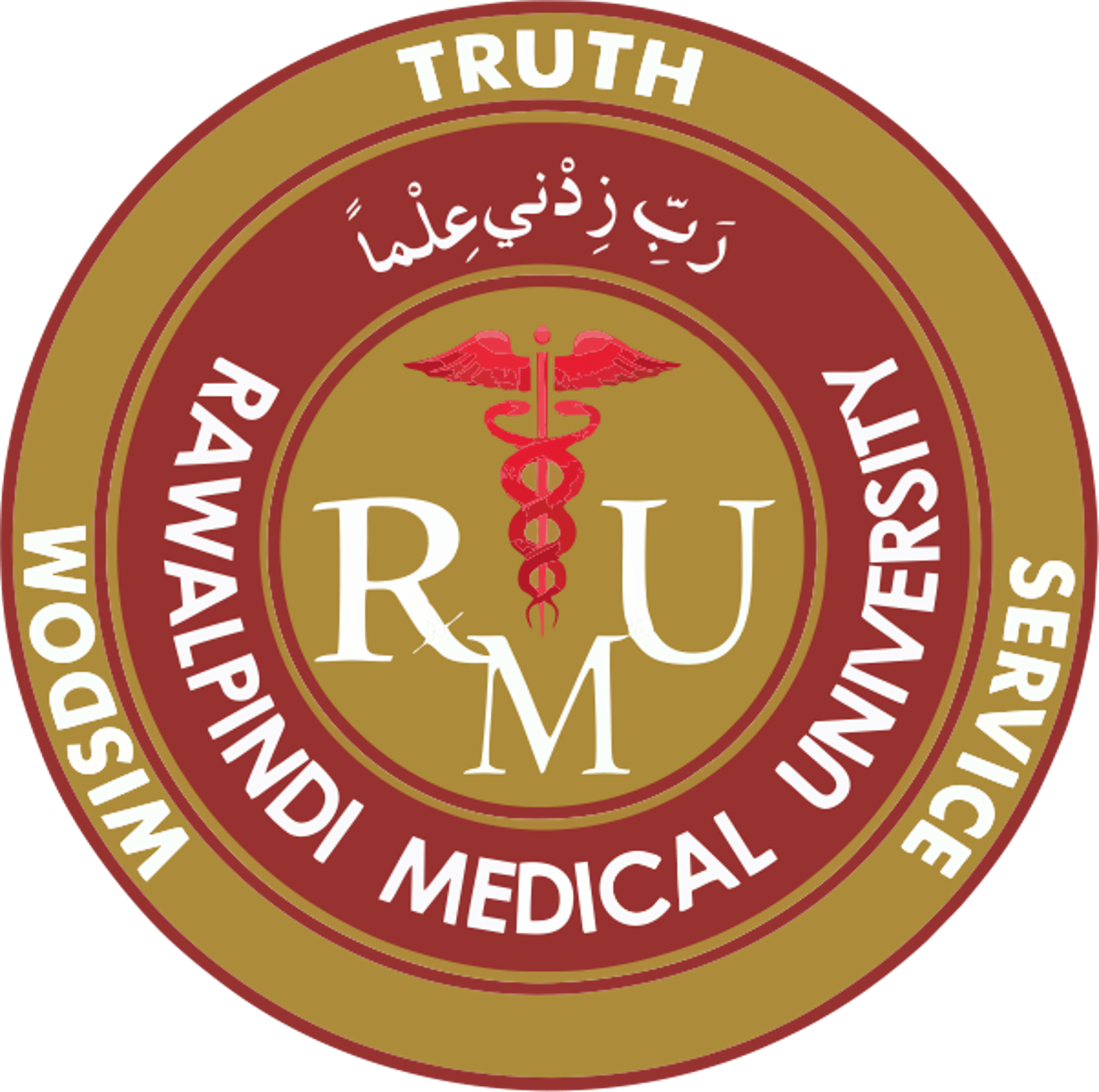PhD Programs

PhD Programs
Rawalpindi Medical University (RMU)
Overview
The pursuit of a PhD represents the highest level of academic achievement and serves as a cornerstone for advancing research, innovation, and academic excellence. At Rawalpindi Medical University (RMU), the PhD program plays a critical role in shaping the future of medical science and healthcare in Pakistan. Situated in one of the country’s leading medical institutions, RMU’s PhD program fosters a research-oriented environment that equips scholars with the expertise to address complex medical challenges through scientific inquiry and innovation.
The program not only enhances the academic and professional development of its candidates but also contributes significantly to the broader goals of improving public health, developing evidence-based clinical practices, and strengthening the country’s healthcare infrastructure. By promoting original research, interdisciplinary collaboration, and critical thinking, the PhD program at RMU is a vital platform for producing future leaders in medical education, clinical research, and policy-making.
RMU offers 7 PhD Programs
PhD Anatomy
PhD Physiology
PhD Biochemistry
PhD Public Health
PhD Microbiology & Molecular Biology
PhD Chemical & Molecular Pathology
PhD Pharmacology
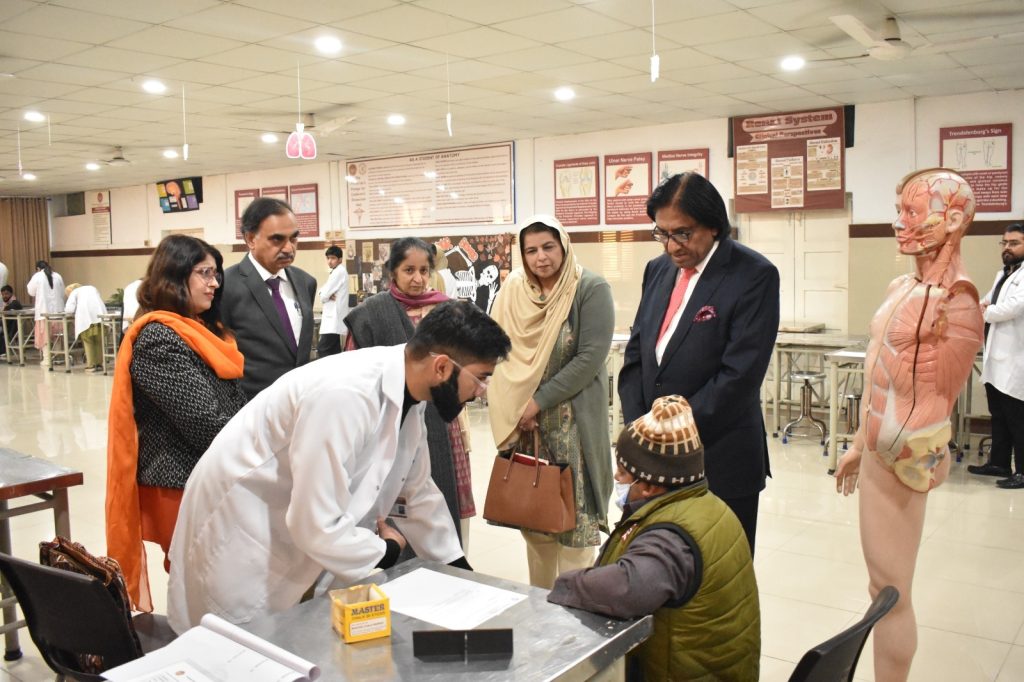
PhD Anatomy
The PhD program in Anatomy at Rawalpindi Medical University offers rigorous training in advanced anatomical sciences, with a strong emphasis on gross anatomy, histology, embryology, and neuroanatomy. This program is designed to develop proficient researchers and educators who can contribute to medical education and translational research. Scholars engage in innovative studies that advance understanding of human structure and its clinical applications.
PhD Physiology
The PhD in Physiology at RMU focuses on the comprehensive study of functional mechanisms in the human body at cellular, tissue, and systemic levels. The program aims to train researchers capable of exploring physiological processes through experimental methods and contributing to the development of new diagnostic and therapeutic strategies in health and disease.
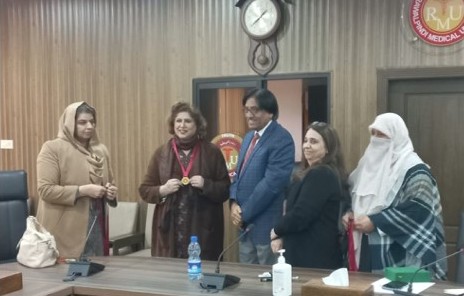
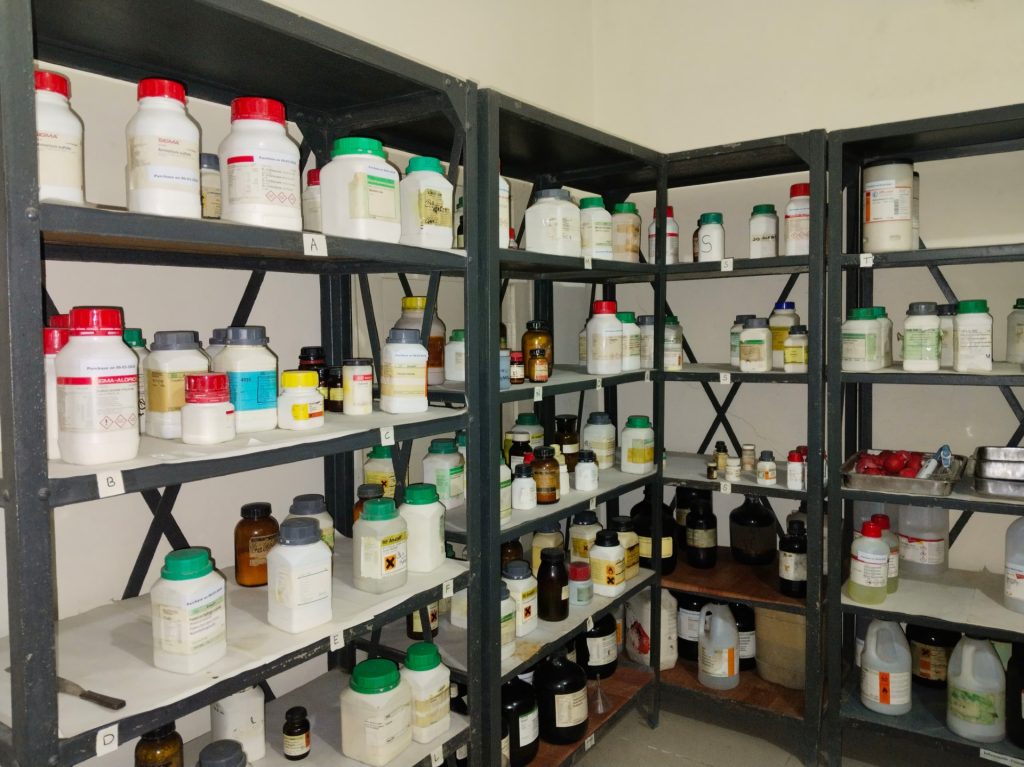
PhD Biochemistry
Rawalpindi Medical University’s PhD in Biochemistry program explores the molecular basis of life, investigating biochemical pathways, enzymology, and molecular genetics. The program is research-intensive and prepares scholars to pursue careers in biomedical research, clinical diagnostics, and academia. Cutting-edge laboratory facilities support students in developing innovations that bridge basic science with clinical relevance.
PhD Public Health
The PhD in Public Health at RMU prepares scholars to address complex public health issues through evidence-based research, policy development, and health systems strengthening. The program fosters expertise in epidemiology, health promotion, environmental health, and health policy, equipping graduates to lead impactful interventions at the community, national, and global levels.
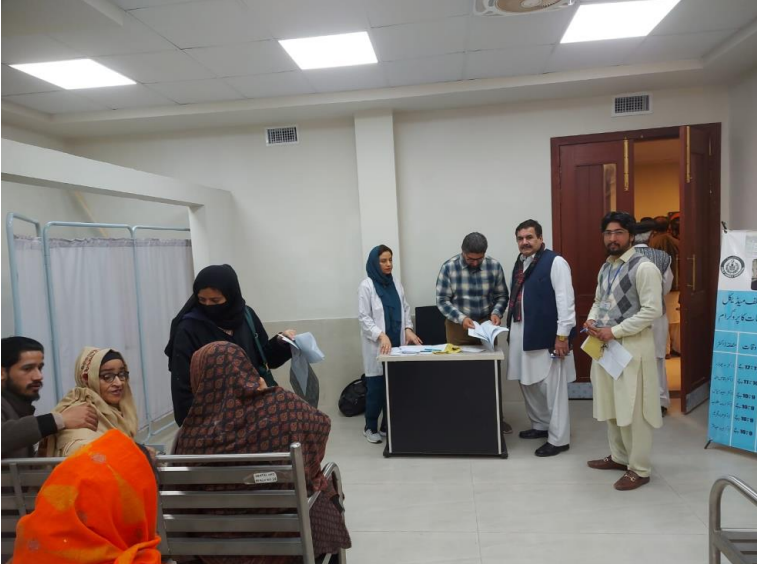
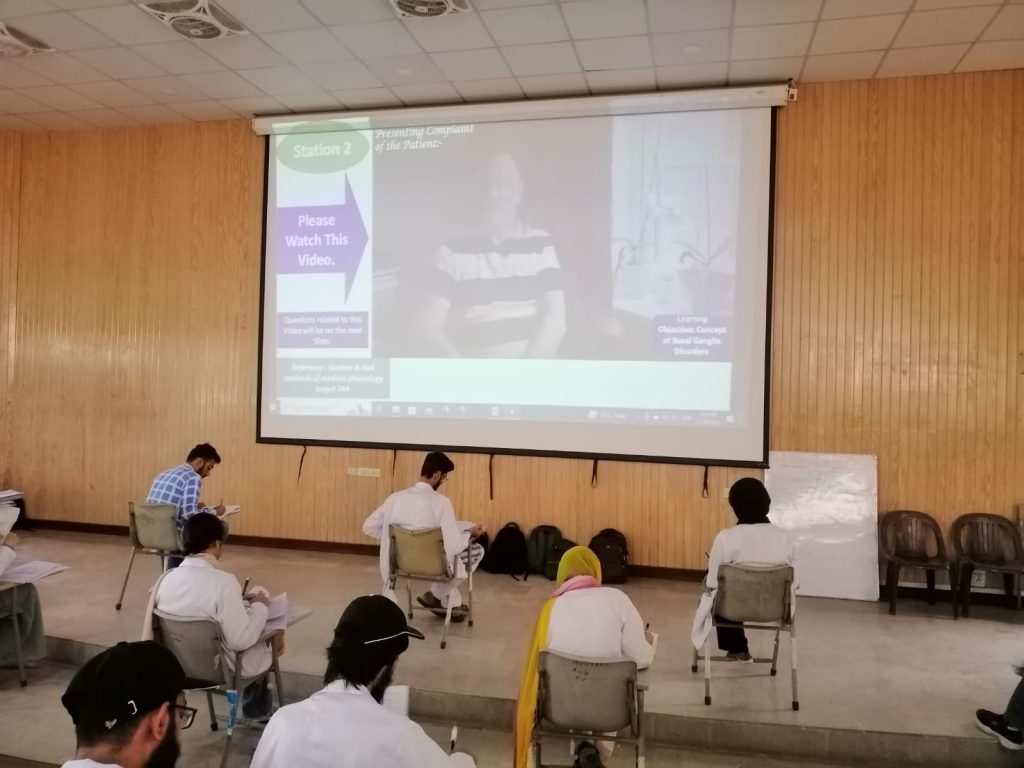
PhD Pharmacology
RMU’s PhD in Pharmacology program provides advanced education in drug action, pharmacokinetics, and toxicology. The program trains researchers to explore the molecular and cellular mechanisms of pharmacological agents, contributing to the development of safer and more effective therapeutics. Emphasis is placed on experimental pharmacology and translational research.
PhD Chemical & Molecular Pathology
The PhD program in Chemical & Molecular Pathology bridges the disciplines of laboratory medicine, molecular diagnostics, and disease pathology. This program equips scholars with the skills to investigate the molecular basis of diseases, biomarkers, and emerging diagnostic techniques, fostering research that supports precision medicine and clinical decision-making.
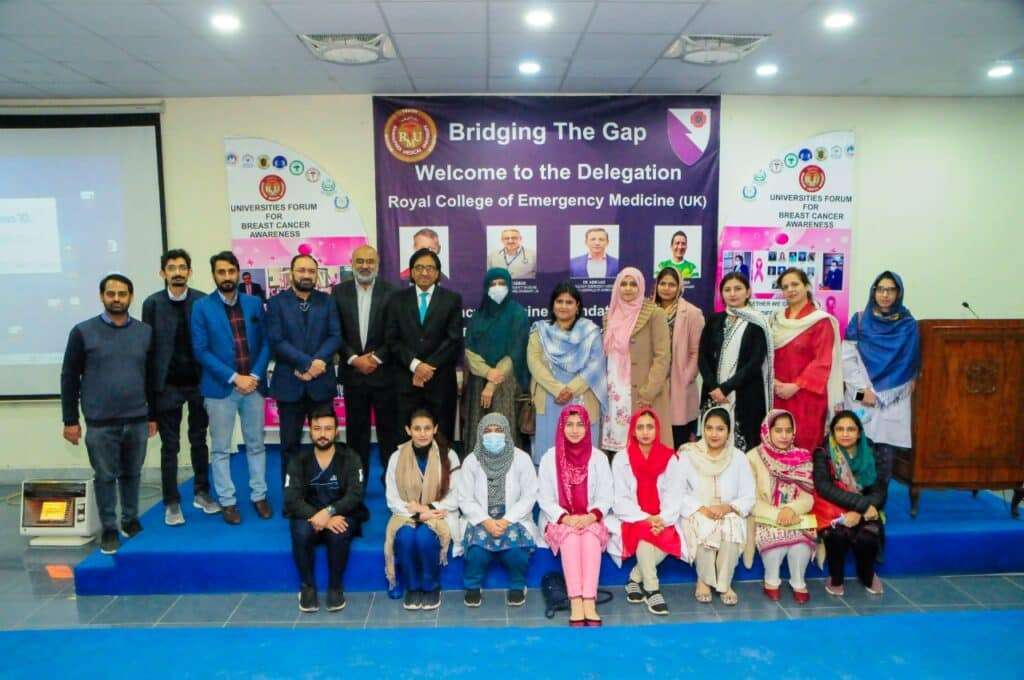
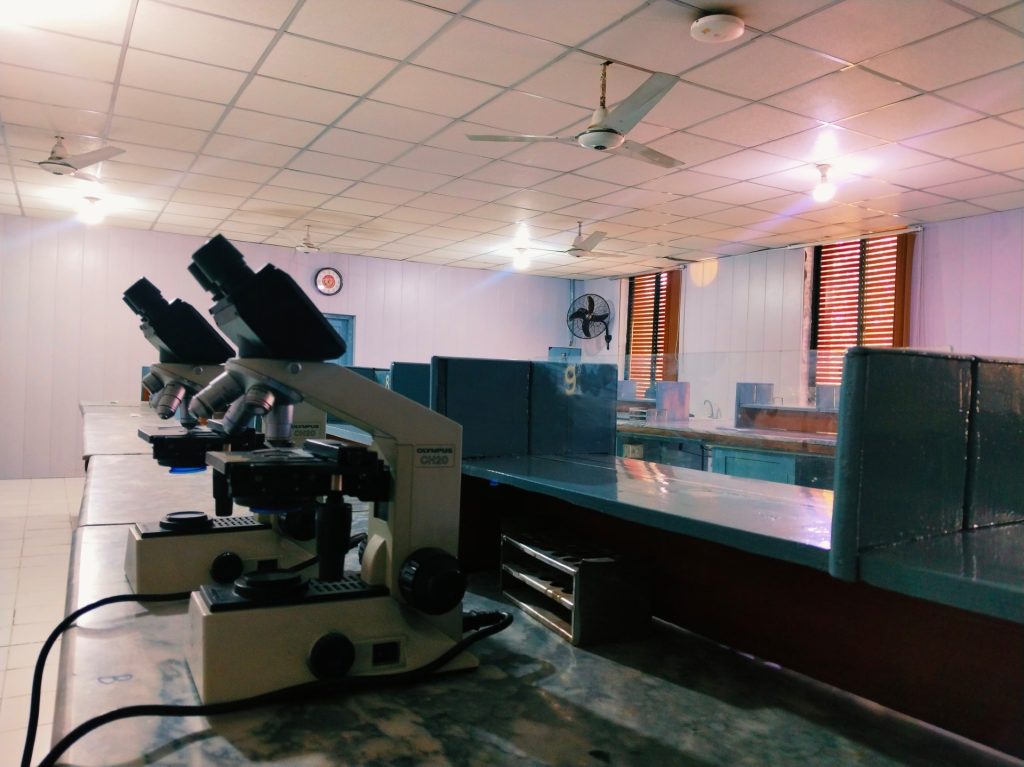
PhD Microbiology & Molecular Biology
Rawalpindi Medical University’s PhD in Microbiology & Molecular Biology program is dedicated to understanding microbial systems and molecular interactions relevant to human health. The program emphasizes research on infectious diseases, antimicrobial resistance, and molecular diagnostics. Scholars are trained to contribute to public health and biomedical sciences through innovation and applied research.

